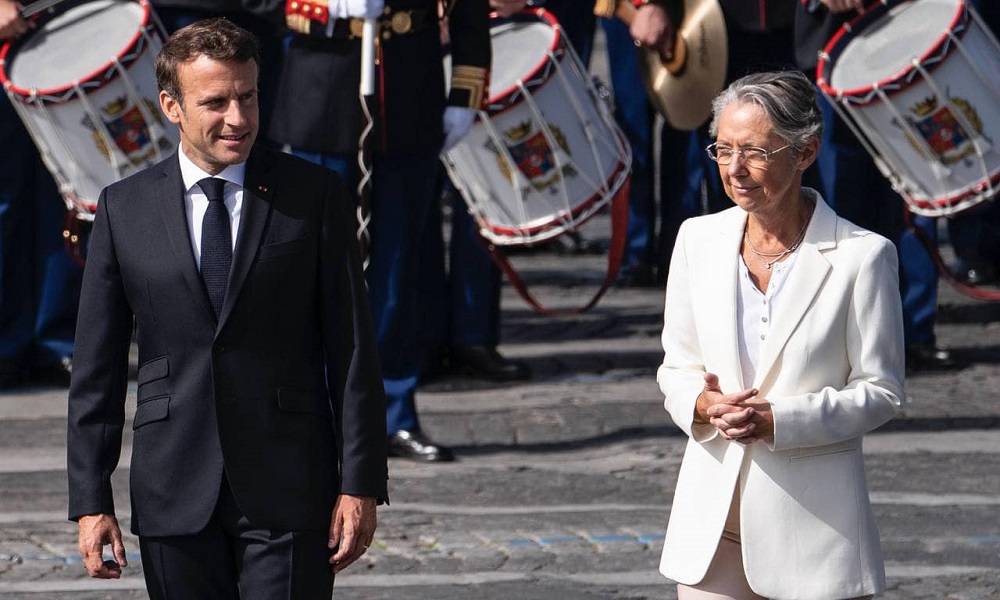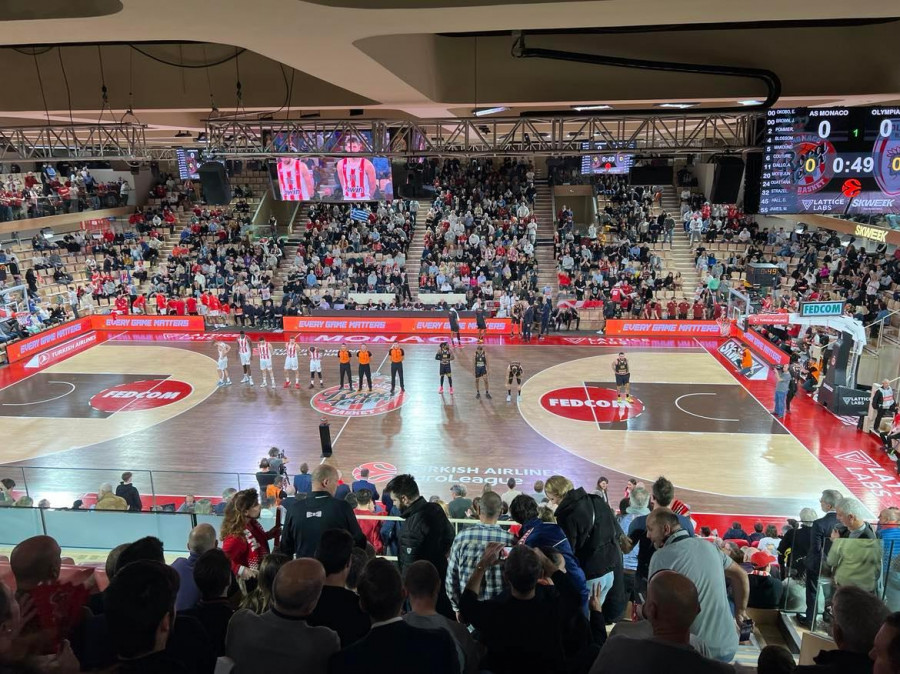Once-in-a-generation reforms to the pensions system have been announced and France has reacted as many could have predicted, with fierce opposition from unions and parties across the political spectrum.
Changes to France’s convoluted and “byzantine” pensions system have been a long time coming. Reform has been discussed by presidents since at least 1993 and today’s head of state Emmanuel Macron made it clear he was keen to update its laws during his first-term election in 2017.
Previous attempts to renovate the system by Macron in 2019 and 2020 were thwarted by mass strikes and the dawn of the Covid-19 pandemic, but the 45-year-old president confirmed change was firmly on the horizon in his New Year’s speech at the turn of 2023.
Admitting that the French would need to “work longer”, Macron called for “unity” ahead of the reforms, which were finally revealed by France’s prime minister, Elisabeth Borne, on Tuesday 10th January.
“We must face reality and find solutions to preserve our social model,” said Borne. “I’m well aware that changing our pensions system raises questions and fears among the French… We offer today a project to balance our pension system, a project that is fair.”
What will change?
Borne’s reforms include raising the retirement age required to receive a full pension from 62 to 64. This is still among the most modest retirement ages in Europe and the developed world. In Germany and Spain and Italy, people will be in work until 67 by 2030, while in the UK, plans are in place to increase the age to 68. Despite this, four in five French citizens oppose the idea of increasing the retirement age, according to an Odoxa survery. Public sector workers deemed to have physically or mentally arduous jobs, such as police officers and prison guards, retain their right to retire earlier than other occupations, but will see their retirement age increase in line with the rest of the population.
The total number of years people must work to qualify for a full pension has also upped. From 2027, French citizens born in or after 1973 will need to work for a combined 43 years to benefit.
The reforms will also herald the end of “special regimes” with diverging retirement ages and benefits for traditionally protected industries, such as the rail network and energy workers.
The package does, however, provide for an increase of €100 per month for the minimum state pension, bringing it to €1,200.
What is wrong with the current system?
For decades, various French governments have grappled with the idea of changing the country’s pension system, which currently consists of 42 different state-supported schemes. It is a sensitive topic and the population has become accustomed to what is one of the most generous pensions systems in Europe and possibly the world despite its obvious complications.
According to the Organisation for Economic Cooperation and Development, the French pensions system cost 14% of GDP in 2021, which is more than most other “industrialised” nations.
In September 2022, a report by the state Pensions Advisory Council (Conseil d’Orientation des Retraites) found that the pensions system produced surpluses in 2021 of €900 million and €3,2 billion in 2022. It did, however, forecast a deficit on average over the next 25 years.
“Between 2023 and 2027, the pension system’s finances will deteriorate significantly”, reads the report, which went on to predict a gradual return to breaking event by the mid-2030s after a significant dip over the next five years. It pointed out that a deficit of €10 billion to €12 billion per year, as forecast, is not necessarily excessive for a pensions system whose total annual expenditure amounts to around €340 billion.
“The results of this report do not support the claim that pensions spending is out of control,” the council summarised.
This has led to experts, unions and some of France’s political parties arguing that the government can find other ways of ensuring the safety and viability of the pensions system, without having to resort to raising the retirement age.
What is next?
Now Macron and Borne must get their plans through parliament, where they do not have a majority. There is evidence that they will get support from the right-wing Les Républicains, while those on the hard-left and far-right have already voiced their position: fierce opposition.
Many of France’s unions have called for mass national strikes on Thursday 19th January.
Sign up for the Monaco Life newsletter. For the latest news, follow us on Facebook, Twitter, and Instagram.
Photo source: Facebook






